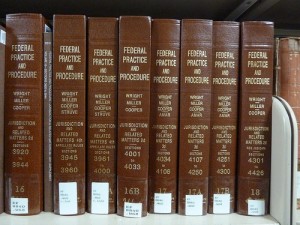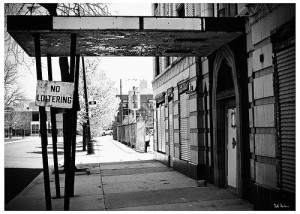In an unusual move, the Supreme Court accepted a case during its summer recess. Like most of its docket, this case will affect states and local governments.
The Prison Litigation Reform Act (PLRA) states that when an inmate recovers money damages in a confinement conditions case “a portion of the judgment (not to exceed 25 percent)” shall be applied to his or her attorney’s fees award. The question the Supreme Court will decide in Murphy v. Smith is whether “not to exceed 25 percent” means up to 25 percent or exactly 25 percent.
A jury awarded inmate Charles Murphy about $300,000 in damages relating to an officer crushing his eye socket and leaving him unconscious in a cell without checking his condition.
The trial judge awarded Murphy’s attorney about $100,000 in fees and allocated 10 percent of Murphy’s damages award to attorney’s fees (about $30,000). Continue reading

















